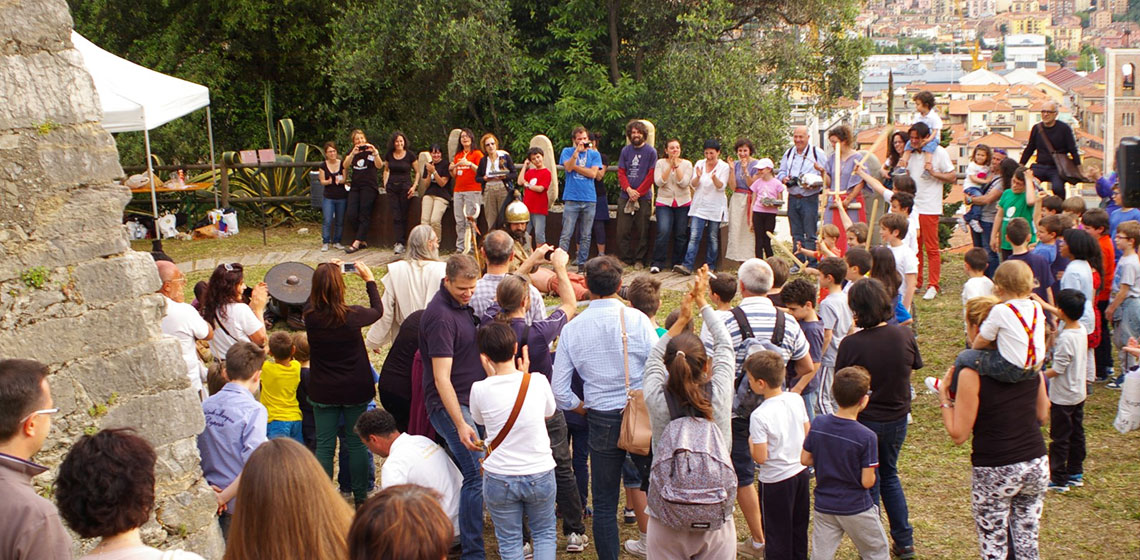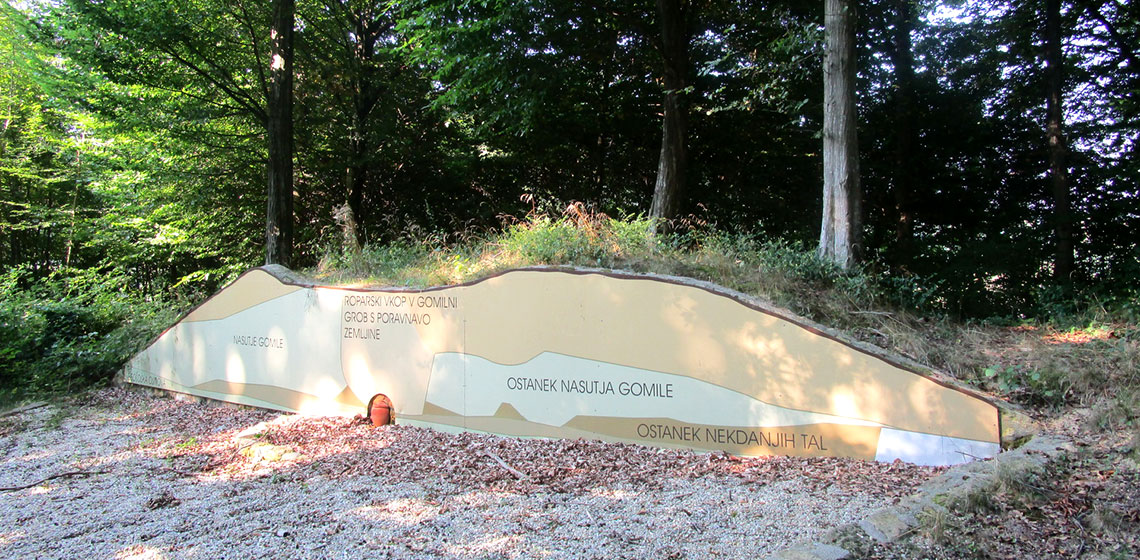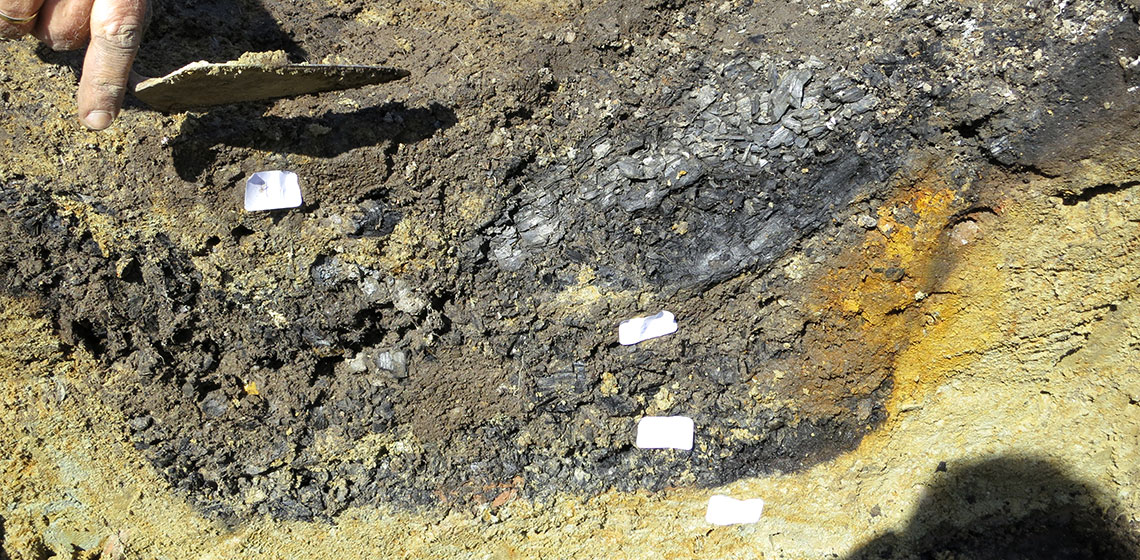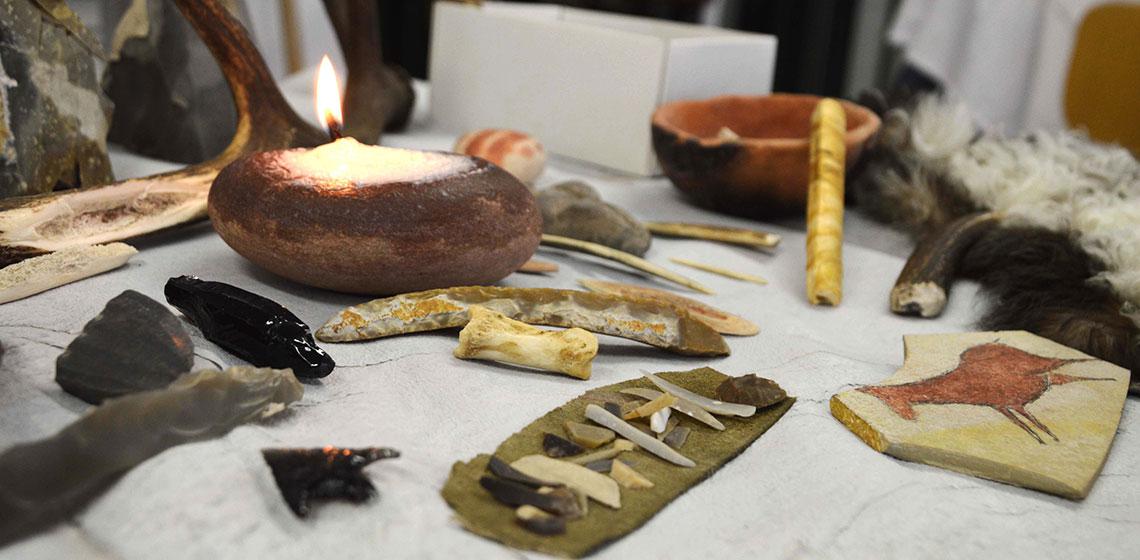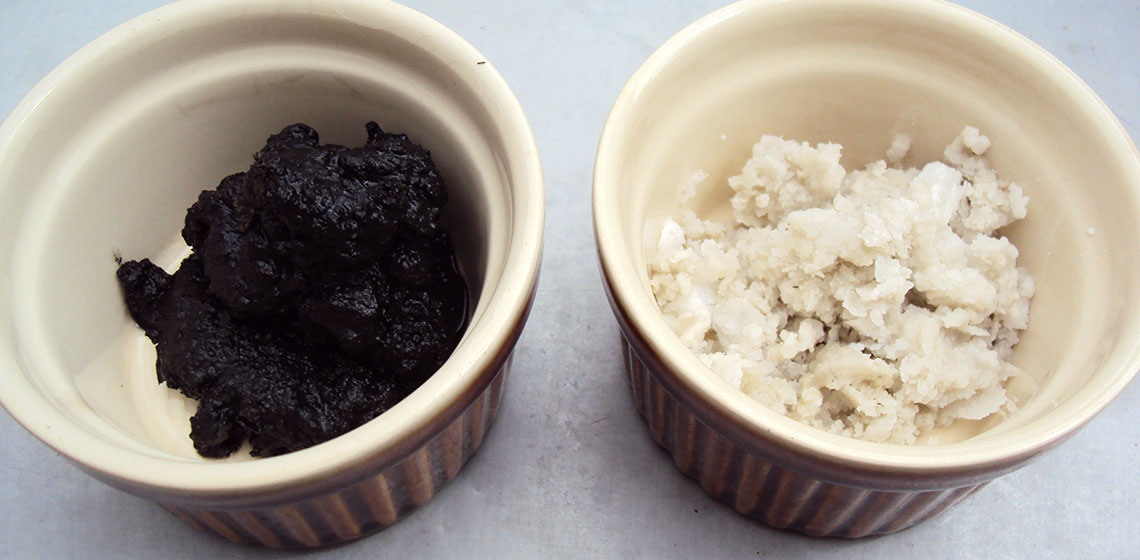Material Culture Studies, Leiden University (NL)
Leiden University (founded in 1575) is one of Europe's leading international research-intensive universities. This prominent position gives our graduates an advantage when applying for positions both within and outside the academic world.


